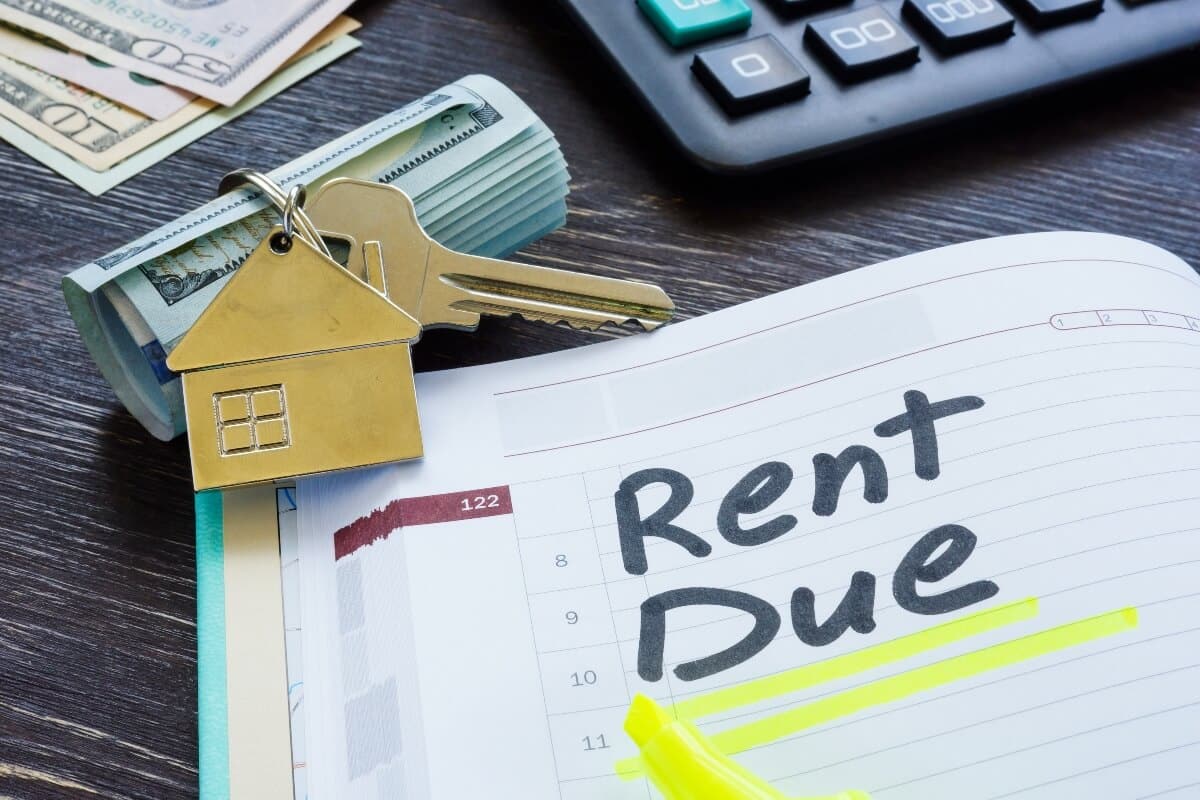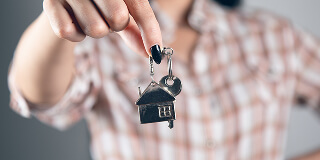Paying rent is one of the most significant responsibilities for tenants, yet it doesn’t have to be stressful or confusing. Whether you’re a first-time renter or looking for ways to make rent payments more convenient, this guide will walk you through everything you need to know about paying rent hassle-free.
From traditional methods to online platforms and tips for managing late payments, you’ll find all the essential information right here.
Quick Summary
Paying rent doesn’t have to be a headache. This guide outlines various methods, from traditional cash and checks to modern online platforms like transfer via Venmo and Zelle. Setting up automatic payments helps ensure you never miss a due date, while keeping documentation safeguards against disputes.
If you’re new to renting, budget carefully, and communicate with your landlord about payment expectations. Should financial difficulties arise, be upfront and negotiate terms to avoid penalties.
Remember, a reliable rent payment system isn’t just about convenience—it’s also about building a strong rental history and maintaining good landlord relations as per agreement.
Traditional Payment Methods
For many renters and landlords, traditional rent payment methods remain the go-to choice.
Cash Payments
Cash payments are straightforward and ideal for tenants without a bank account balance. However, always request a receipt to ensure proof of payment.
Checks
Writing a check is a classic option. It’s easy to track payments, especially when you keep copies or monitor your bank statements. Ensure you mail or deliver your check on time to avoid late payments.
Money Orders
Money orders are a secure alternative for tenants without checking accounts. They provide proof of payment and are widely accepted.
Online Payment Platforms
In today’s digital age, online rent payments are becoming the norm, thanks to their speed and convenience.
Popular Platforms
- Zelle: Direct bank-to-bank transfers with no fee.
- PayPal: Widely used but may include fees for certain card transactions.
- Venmo: Convenient for tenants who prefer mobile payment apps.
- Property Management Portals: Many landlords use platforms like RentCafe or Cozy for streamlined rent collection.
Advantages of Online Payments
- Fast and efficient.
- Easily trackable with digital records.
- No need to visit the bank or landlord in person.
Potential Drawbacks
Be cautious of transaction fees or delayed processing times, especially when paying close to the due date.
Setting Up Automatic Payments
Automation reminder can save you time and prevent late payments.
How It Works
Most online platforms or bank services allow you to schedule recurring payments for a specific date each month.
Benefits
- Never miss a rent payment deadline.
- Helps with budgeting when you set up consistent dates.
- Reduces the hassle of manual transactions.
Things to Consider
Ensure you have enough funds in your account to avoid overdraft fees. Monitor scheduled payments regularly for accuracy.
Using Checks for Rent Payment
Writing checks might feel old-school, but it’s still a reliable method.
How to Write a Check
- Fill out the payee (landlord’s name or property management company).
- Include the correct rent amount.
- Add a memo noting the payment month or unit number.
Advantages
Checks provide a physical record and are widely accepted.
Tips for Check Payments
- Always mail checks early to account for delivery time.
- Keep a ledger or digital record of issued checks.
Cash Payment Procedures
Paying rent in cash can be risky without proper precautions.
How to Pay Safely
- Meet your landlord in a secure location.
- Always request a signed receipt.
- Avoid mailing cash, as it’s difficult to trace.
When to Use Cash
Cash payments are useful for tenants without access to online platforms or banking services, but it’s essential to document each transaction.
Documentation and Receipts
Keeping accurate records of rent payments is essential for both tenants and landlords.
Why Documentation Matters
-
Proof of payment in case of disputes.
- A detailed payment history helps you track finances.
- Necessary for tax or legal purposes.
Best Practices
- Save receipts from all transactions, deposit, whether cash, credit check, or online.
- Use a dedicated folder or app to store digital and physical records.
Late Payment Consequences
Late rent payments can have significant repercussions.
Common Penalties
- Late fees added to your rent amount.
- Negative marks on your rental history.
- Possible eviction if payments are consistently delayed.
How to Avoid Late Payments
- Set reminders for payment deadlines.
- Communicate with your landlord if you anticipate delays.
- Use automatic payment systems for timely transactions.
Negotiating Rent Payment Terms
Sometimes, circumstances require flexibility in rent payment terms.
When to Negotiate
- Experiencing temporary financial hardship.
- Requesting a different due date to align with your payday.
- Proposing installment payments for large sums.
How to Approach Negotiations
- Be honest and proactive about your situation.
- Offer a clear plan for future payments.
- Get any agreed terms in writing to avoid misunderstandings.
Tips for First-Time Renters
Paying rent for the first time can feel overwhelming, but preparation makes all the difference.
Start With a Budget
Know your monthly rent and other expenses to avoid financial stress.
Communicate Clearly
Understand your landlord’s preferred payment method and deadlines.
Plan Ahead
Set aside rent funds as soon as you receive your paycheck to prevent accidental overspending.
Communicating with Your Landlord
Maintaining open communication with your landlord ensures smooth rent transactions.
Why Communication Matters
- Builds trust and strengthens the tenant-landlord relationship.
- Resolves issues like payment delays or errors quickly.
Tips for Effective Communication
- Notify your landlord immediately if you anticipate late payments.
- Clarify payment methods and deadlines during your lease signing.
- Keep a record of all communications for reference.












